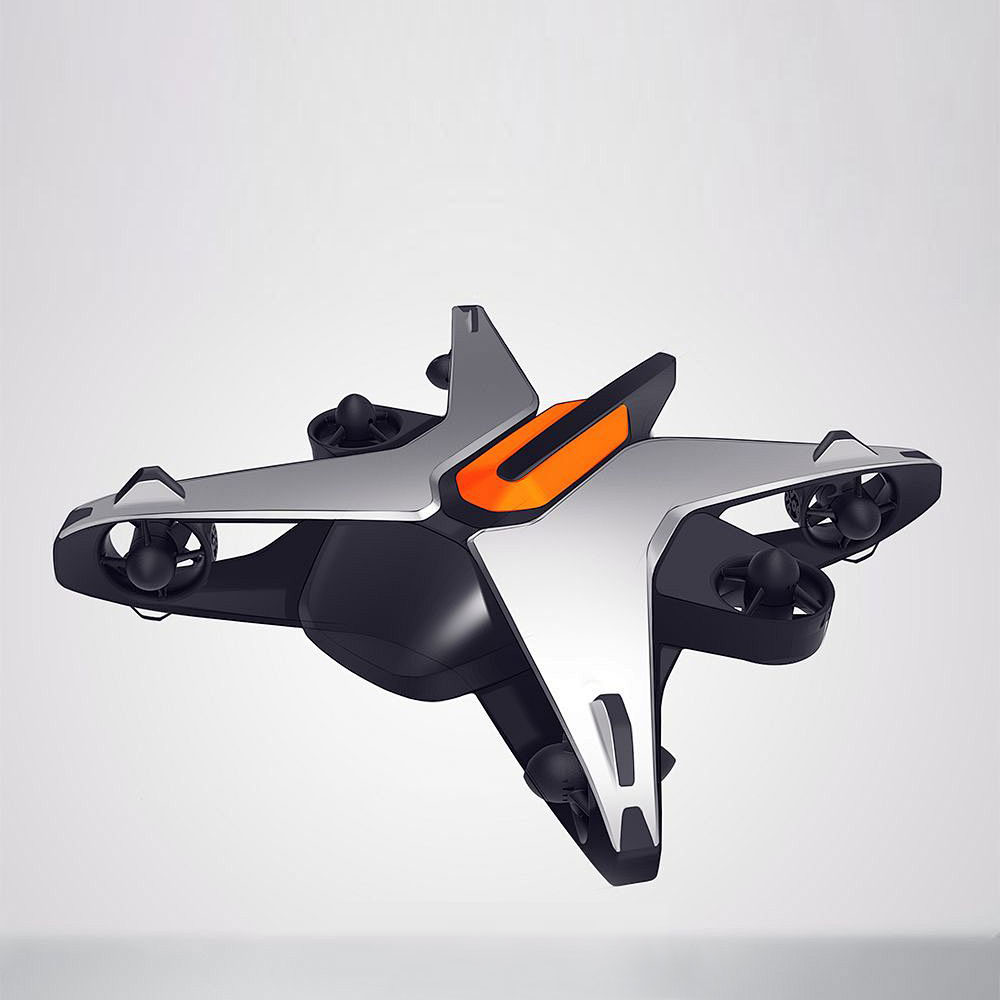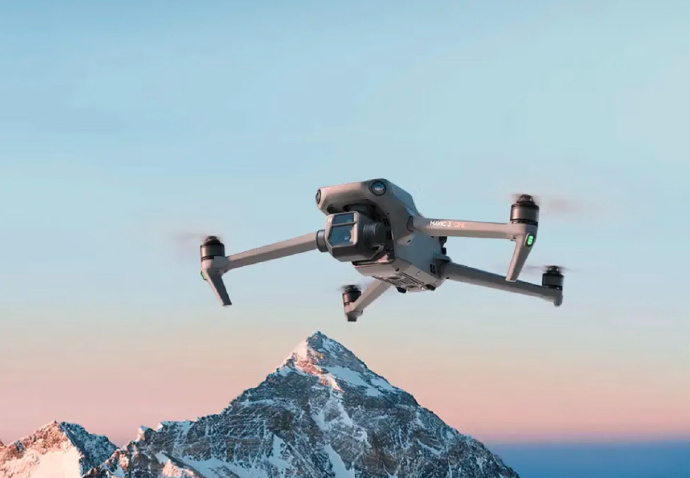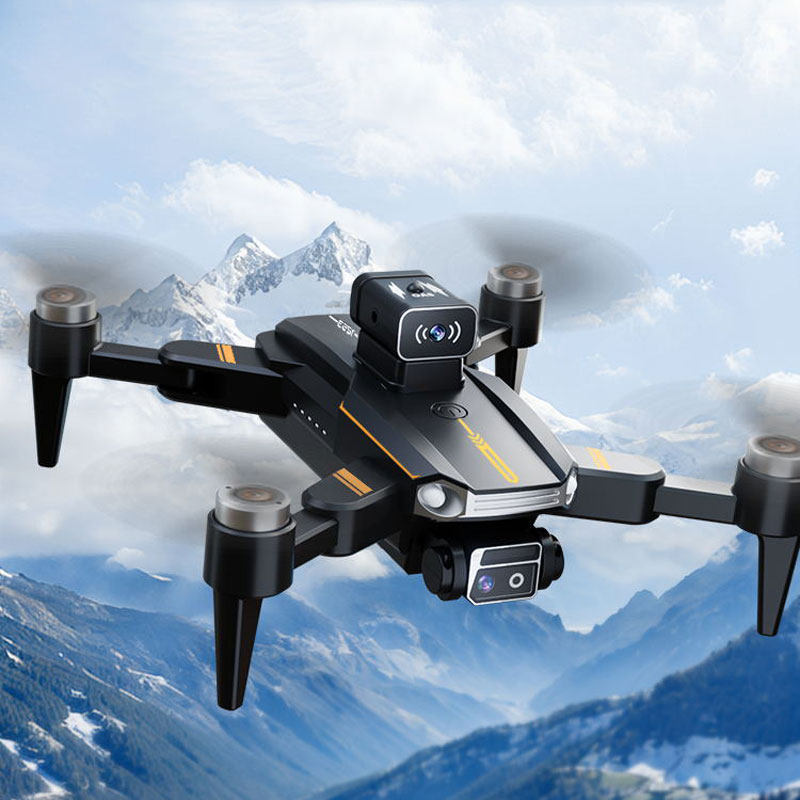
The first step to determining if you need a licence is understanding the type of drone you are using. For instance, small drones used for recreational purposes might have different requirements than larger drones used for commercial purposes. In many countries, drones weighing above a certain threshold require registration, and flying them might necessitate a licence. This ensures that the drone operators are knowledgeable about airspace rules and can safely navigate their drones.
Commercial Versus Recreational Use

If you are flying a drone for commercial purposes, such as photography, surveying, or delivery, you often need a special kind of pilot certification, known in the US as the Remote Pilot Certificate.
This certification demonstrates that you understand the Federal Aviation Administration (FAA) regulations for drone flights. Besides, you must adhere to strict guidelines concerning flying altitude, areas, and potential interactions with manned aircraft. On the other hand, recreational users often face fewer restrictions but should still be aware of basic airspace rules to avoid fines or legal repercussions.
Understanding Regulations in Different Countries
Drone regulations vary globally. In the UK, for example, you might require a permission from the Civil Aviation Authority (CAA) depending on the weight and intended use of your drone. Similarly, Canada’s regulations require drone pilots to pass an exam if their drone weighs more than a specific amount and is used for purposes other than recreation. Thus, understanding local laws where you intend to fly your drone is paramount.
Why Safety is a Priority
Regardless of whether a licence is needed, operating a drone requires caution. Safety protocols help protect not only the drone pilot but also the public and property in the vicinity. Pilots should always keep the drone within their line of sight and be aware of weather conditions that could affect flight.
Moreover, respecting privacy laws is essential. Drones equipped with cameras raise concerns about invasion of privacy, making it crucial for pilots to avoid flying over private properties without consent.
FAQs
- Do all drones require a licence? Not necessarily. Smaller drones flown for recreational purposes might not require a licence, but it’s essential to check regulations based on weight and use.
- How can I get a drone licence? Most countries have established processes through their aviation authority or equivalent agency. This typically involves passing a knowledge test or training course.
- Are there areas where flying drones is prohibited? Yes, many countries have designated no-fly zones, such as near airports, military bases, and national parks. Be sure to consult local maps and official resources before planning your flight.

By understanding and adhering to drone laws, pilots can enjoy the benefits of drone technology while minimizing risks and legal issues.
